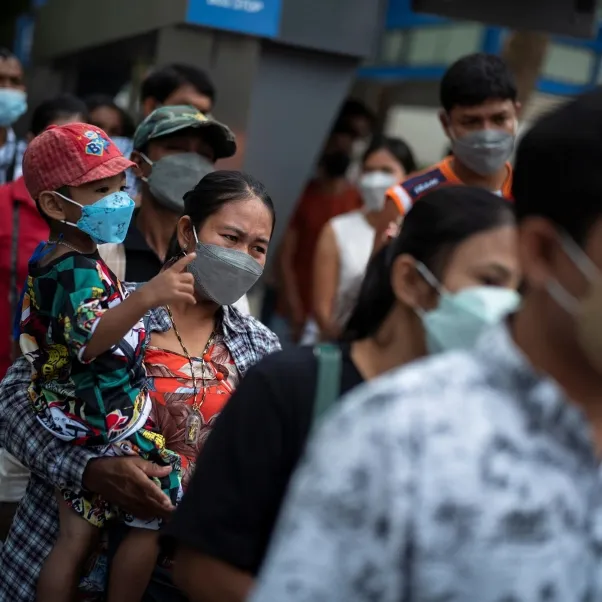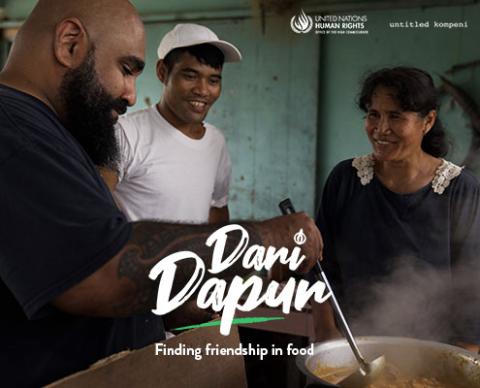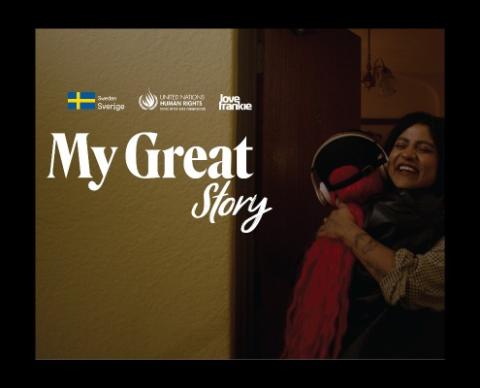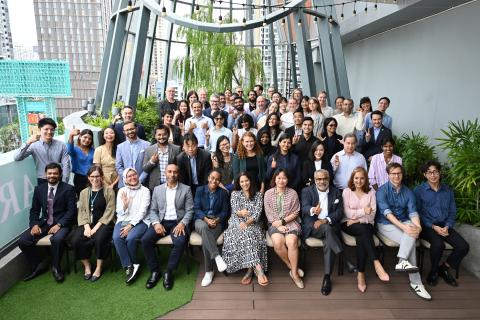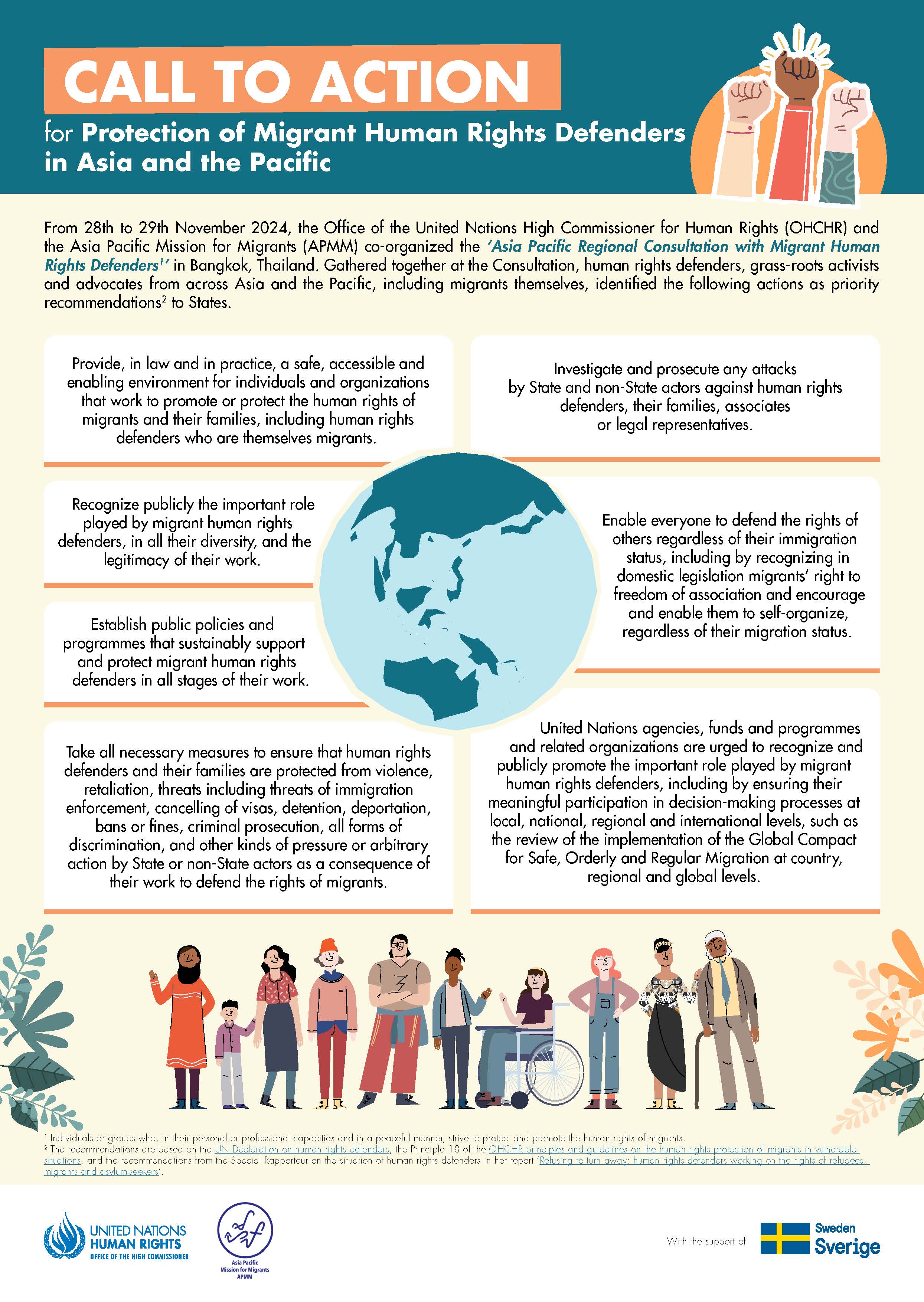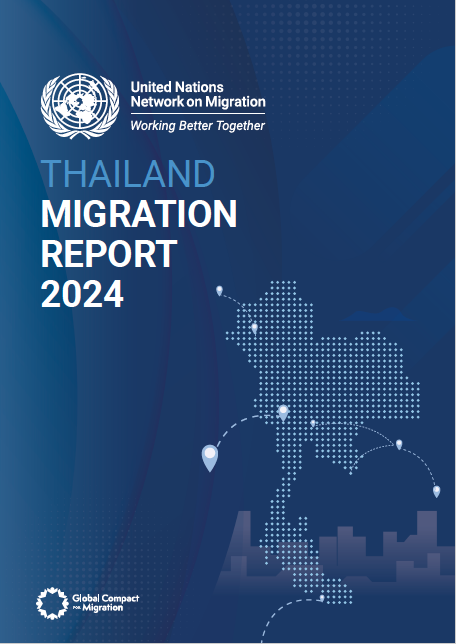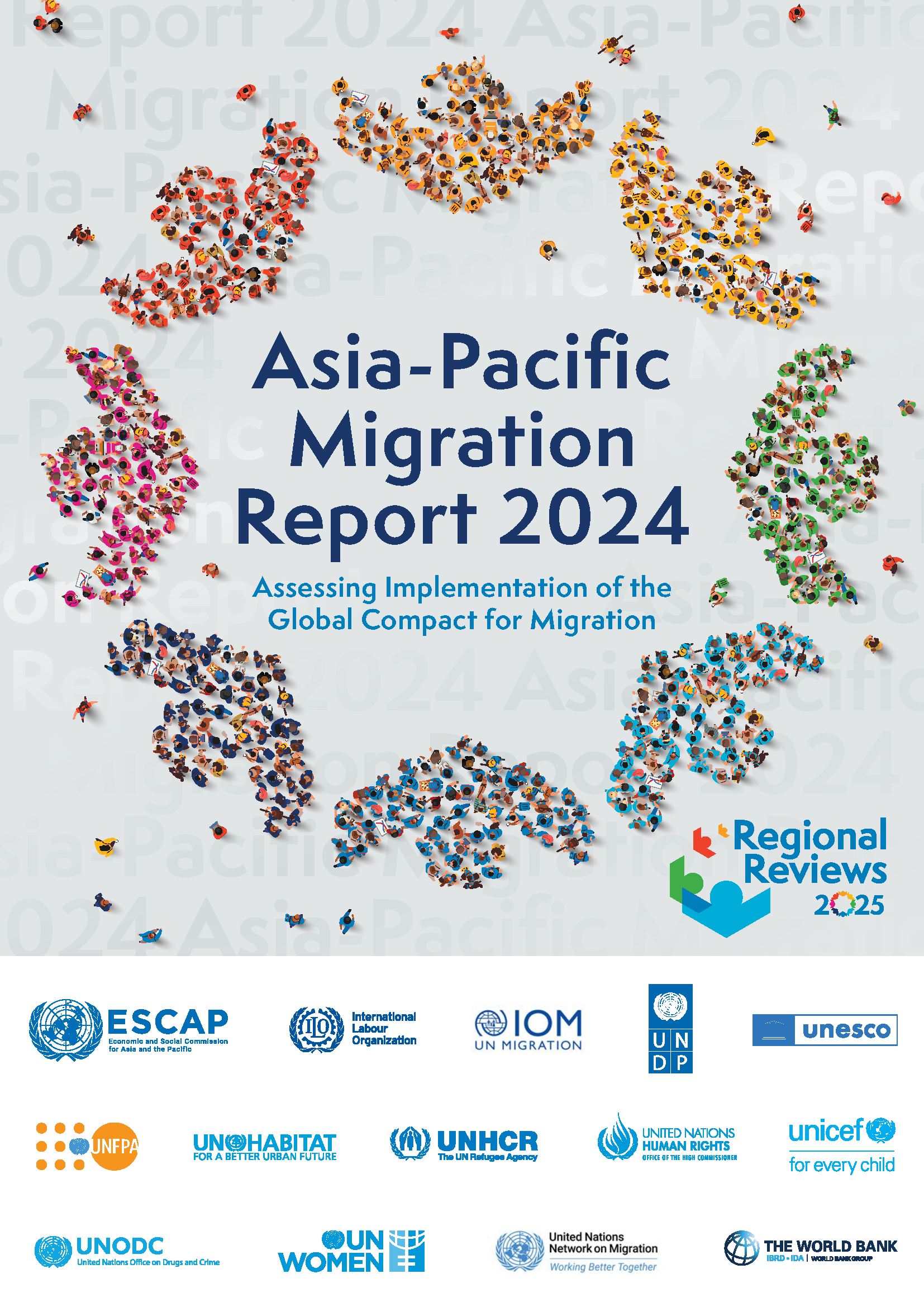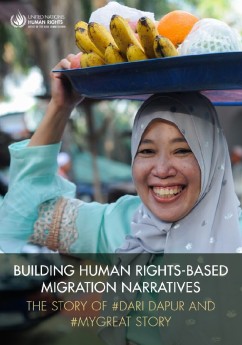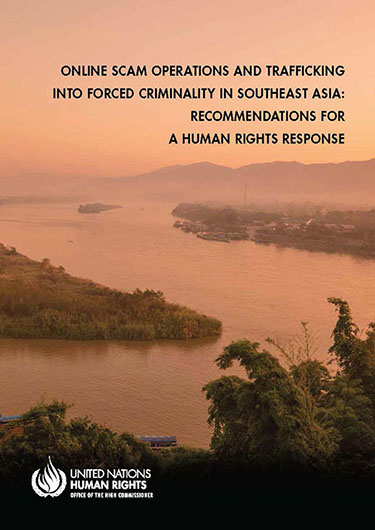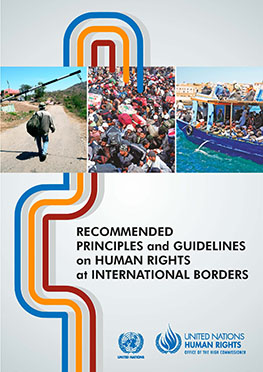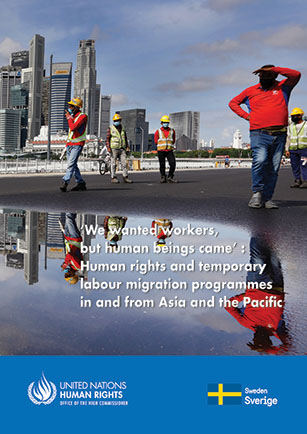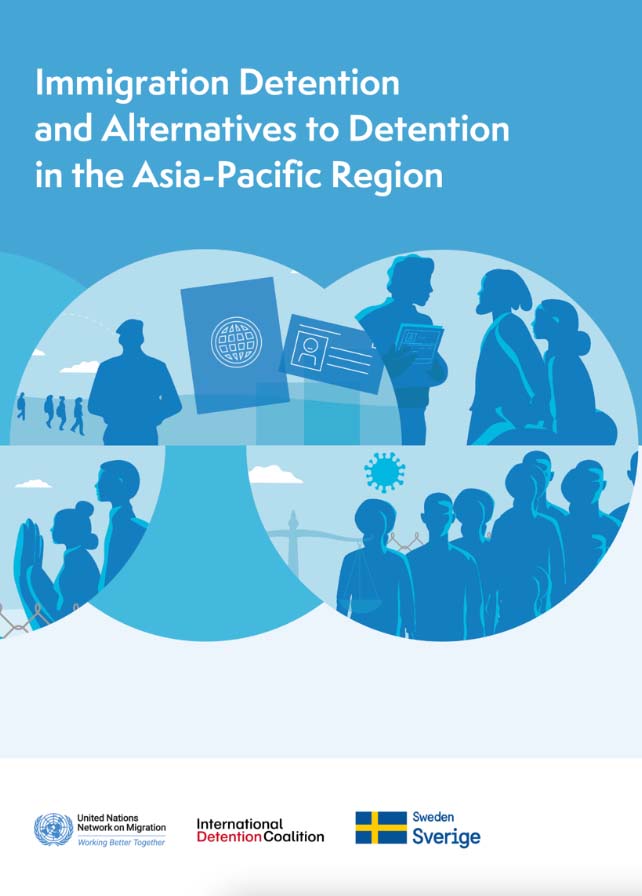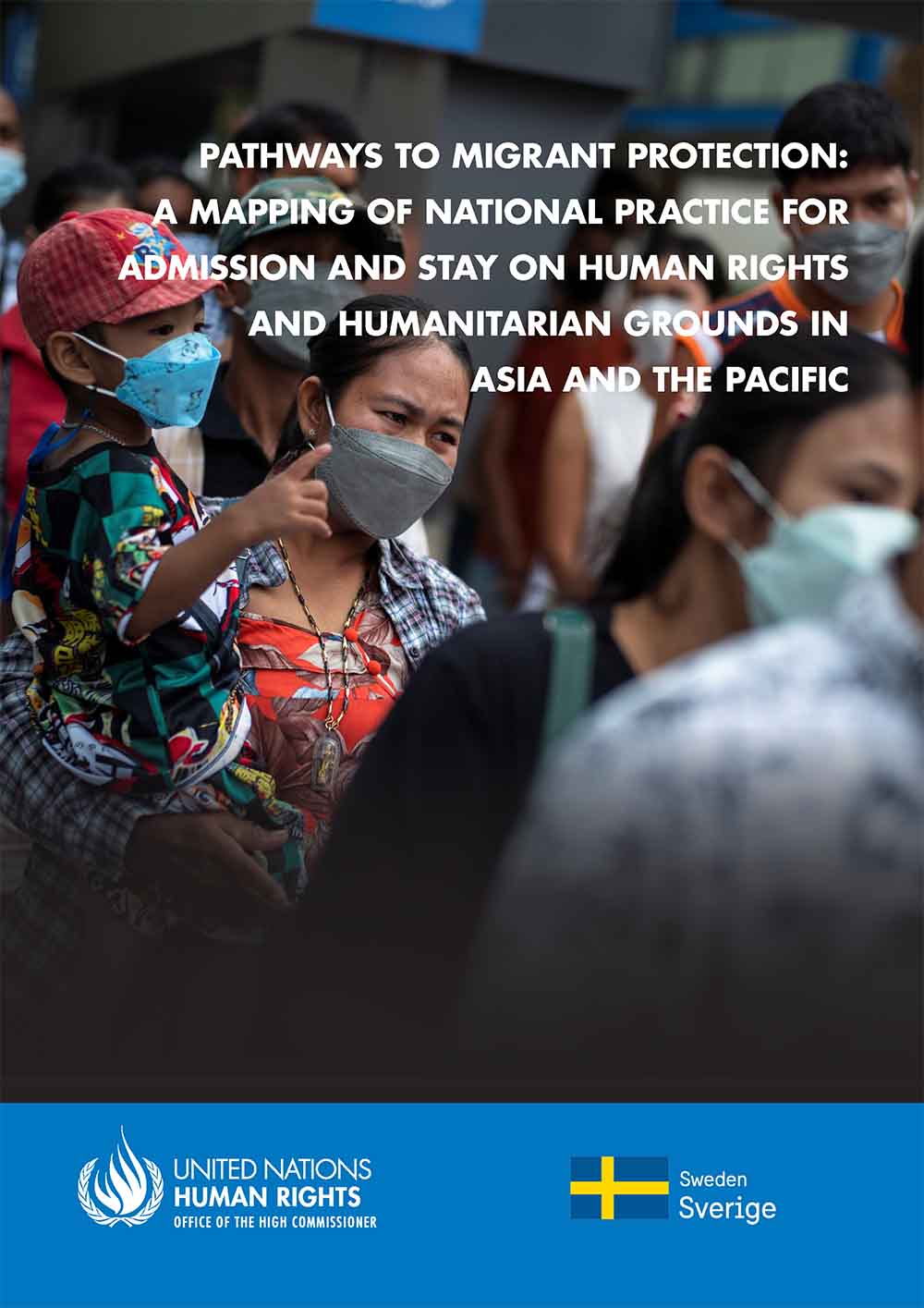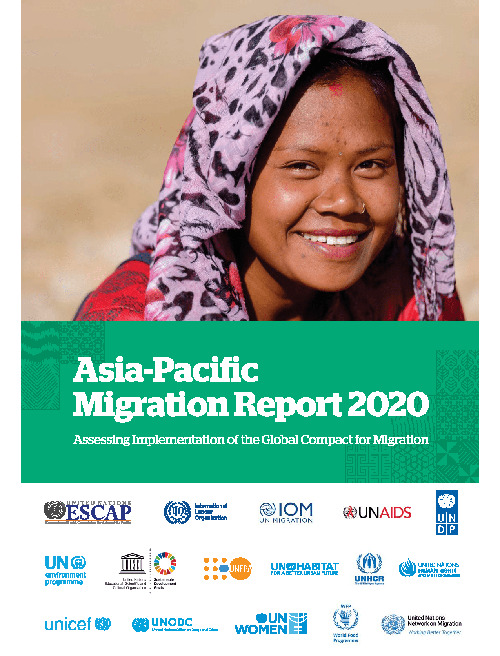#StandUp4Migrants
The movement of people within and across international borders is an enduring human phenomenon. Millions of people in the Asia Pacific region move within their own countries and millions of international migrants from the region live and work in countries that are not their own. The experience of migration can be empowering and for many migrants it can lead to improved human rights outcomes. Of serious concern to UN Human Rights, however, is the situation of many migrant women, men, boys and girls who face particular risks of discrimination, marginalization, trafficking, exploitation and violence, and who suffer a range of human rights violations during transit, upon arrival in the country of destination and again during or upon return.
Migration is the outcome of an often-complex interplay of drivers and facilitators. For vulnerable people on the move, these can range from more ‘traditional’ drivers of forced displacement such as persecution and conflict, to other drivers which compel people to move in search of safety and dignity such as poverty, lack of access to healthcare, education, water, food, housing, separation from family, as well as the consequences of environmental degradation and climate change. As migration governance measures become ever restrictive and regular pathways to entry fail to correspond to needs, the migration journeys of the most vulnerable are becoming longer, more fragmented, fluid and dangerous. Criminalization of irregular migration leads to widespread detention and deportation regimes, which have disproportionate effects on vulnerable individuals and groups.
International human rights law is clear that all migrants are entitled to civil, political, economic, social and cultural rights, without discrimination of any kind. The actively works to uphold the human rights of all migrants, regardless of their status, with a particular focus on those who are most marginalized and excluded such as migrants who are undocumented or otherwise in irregular situations.
UN Human Rights promotes a rights-based approach to migration, which places the migrant at the center of migration governance policies and measures and seeks to ensure that all such policies are firmly rooted in international human rights law and standards. Placing a particular focus on the need to improve the public narrative on migrants and migration, the Office works with partners to confront xenophobia and discrimination against migrants and to promote at the local, national and regional levels the common values of human rights which bind us all, regardless of our citizenship or migration status.

